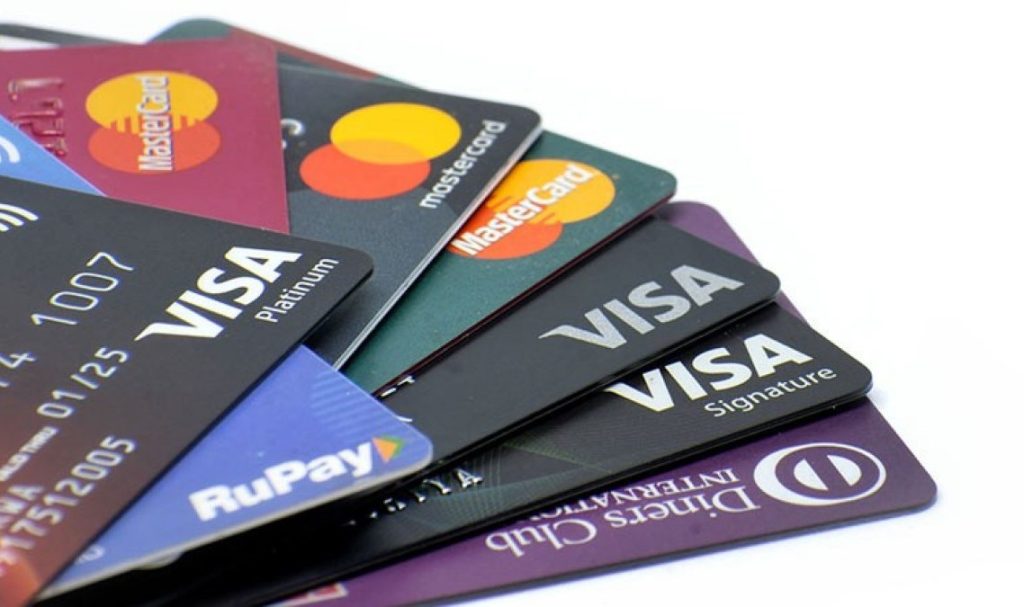This paper will also reveal that credit cards play a huge role in the current world financial status. Being one of the most popular and widely used means of payments and cashless transactions, credit cards have significantly altered the ways people control their money. It is, therefore, necessary to understand the ways that these factors affect consumers’ behavior.
What with the bonuses credit cards possess, credit cards have become a bane to many with all the conveniences they come with. Looking at the specifics of this influence in more detail, it is worth moving to the next step of the analysis.
Transforming financial habits

It could be argued that the use of credit cards has impacted all of the aspects of financial behaviors. There is adaptation of other changes of which one of them is shift from the use of cash to cashless services. This has shifted the attitude of the people on spending by making it easier for a person to spend cash without using physical cash.
Moreover, the linear distribution of the expenses’ list on the monthly statements makes the users have a better understanding of their expenses in terms of organization when it comes to budgeting. Yet, it is as easy as swiping the card causing people to become unaware of the real-time reduction of their credit balances, And thus spend beyond their means.
The role of rewards and incentives
Another aspect that credit cards affect in spending is the aspect of reward programs. Promotions such as cash back, travelling miles and points reward system compel the customers to purchase more. Such incentives may cause the higher consumption as users will try to get the most out of it.
Of course, these are rather advantageous when used appropriately, although they contain certain threats. It may lead to people buying items with the intentions of accruing on points or rewards hence creating a demand that would not otherwise exist. Therefore, cardholders can take appropriate reward of the cards only if they adopt wise consumption practices while using the cards.
Credit limits and management of personal finances
One issue to address is whether credit limit does have influence, or has an effect on the spending pattern. Easy access to credit result from high credit limits make individuals spend more than what they can afford. This may lead to taking a on credit which can become so overwhelming that one cannot manage to pay it up.
On the other hand, low credit limits are in themselves self limiting, they prevent the holder from overspending. Consumers should ensure they have set some boundaries when it comes to spending and ensure that they are not able to activate those when purchasing any goods.
Sociocultural implications
These are the direct effects of credit card usage at the personal level; however, the credit card also impacts sociocultural aspects. Credit has become a part of people’s lives and this has modified the way people spend and the ways people save.
For example, debt, especially for critical life events as education and housing, has changed the view on long time planning by becoming normalized. The buying public is willing to take a loan to fund any given need with credit being more accepted as the means to finance any expenditure.
Differences between the generations’ credit use
That is they employ credit cards in different manners considering their generation. The customers of the younger generations are more familiar with the use of digital wallets and share tendencies of using credit cards for daily purchases.
On the other hand, the elder population may still stick by the good old fashion of paying with cash and may only resort to using credit cards for significant expenses or in cases of dire need. This variation also exhibits the deficiency of the current and generalized financial education programs that do not consider different behaviors in the different demographic groups.
Long-term financial planning
Thus, credit card utilization has a major impact on a person’s long-term financial strategies. Proper management of credit means that the credit scores becomes good and this is very important in cases of major life expenses like buying a house or a car through an affordable credit.
However, credit when not handled well has long termability which degrades the credit holder’s financial fortunes keeping them in a cycle of indebtedness. Consumers must therefore ensure that they include the credit management into their wider financial plans.
